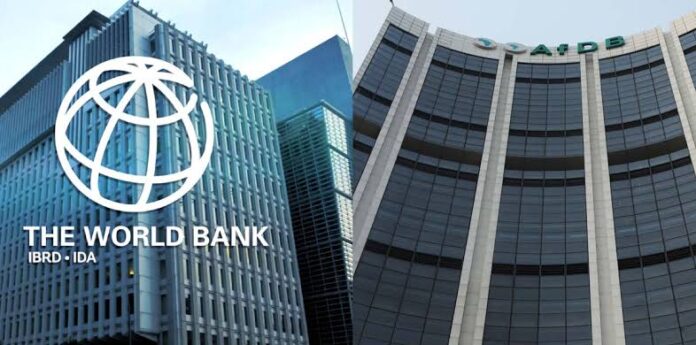The World Bank has disbursed a $1.5 billion loan to Nigeria, following the federal government’s implementation of key reforms, including the removal of fuel subsidies and introduction of comprehensive tax policies.
The loan, part of the Reforms for Economic Stabilisation to Enable Transformation Development Policy Financing initiative, was approved on June 13, 2024.
The loan was structured in two tranches, with the first $750 million credit from the International Development Association featuring a 12-year maturity and a six-year grace period. The second $750 million loan from the International Bank for Reconstruction and Development has a 24-year repayment period with an 11-year grace period.
A World Bank document noted that the removal of fuel subsidies was a critical reform that unlocked the second tranche of the loan. The government’s swift implementation of the reforms, including the deregulation of the fuel market, has been praised by the World Bank.
However, the reforms have sparked controversy, with northern leaders arguing that they could widen economic disparities between the north and the south.
The removal of fuel subsidies has led to soaring petrol prices, increasing transportation and living costs, and prompting protests in cities like Abuja, Kano, and Lagos.
The federal government has introduced relief measures, including direct cash transfers of N25,000 to 15 million vulnerable households. However, only about four million households have benefited from this program, which is far below the target.
The World Bank has commended the government’s commitment to economic transformation, noting that Nigeria’s ability to meet the conditions for both tranches in record time reflects a strong commitment to reform.
The global lender has also acknowledged the government’s efforts in addressing structural inefficiencies, such as the high fiscal burden from subsidies and the challenges of revenue mobilisation.








